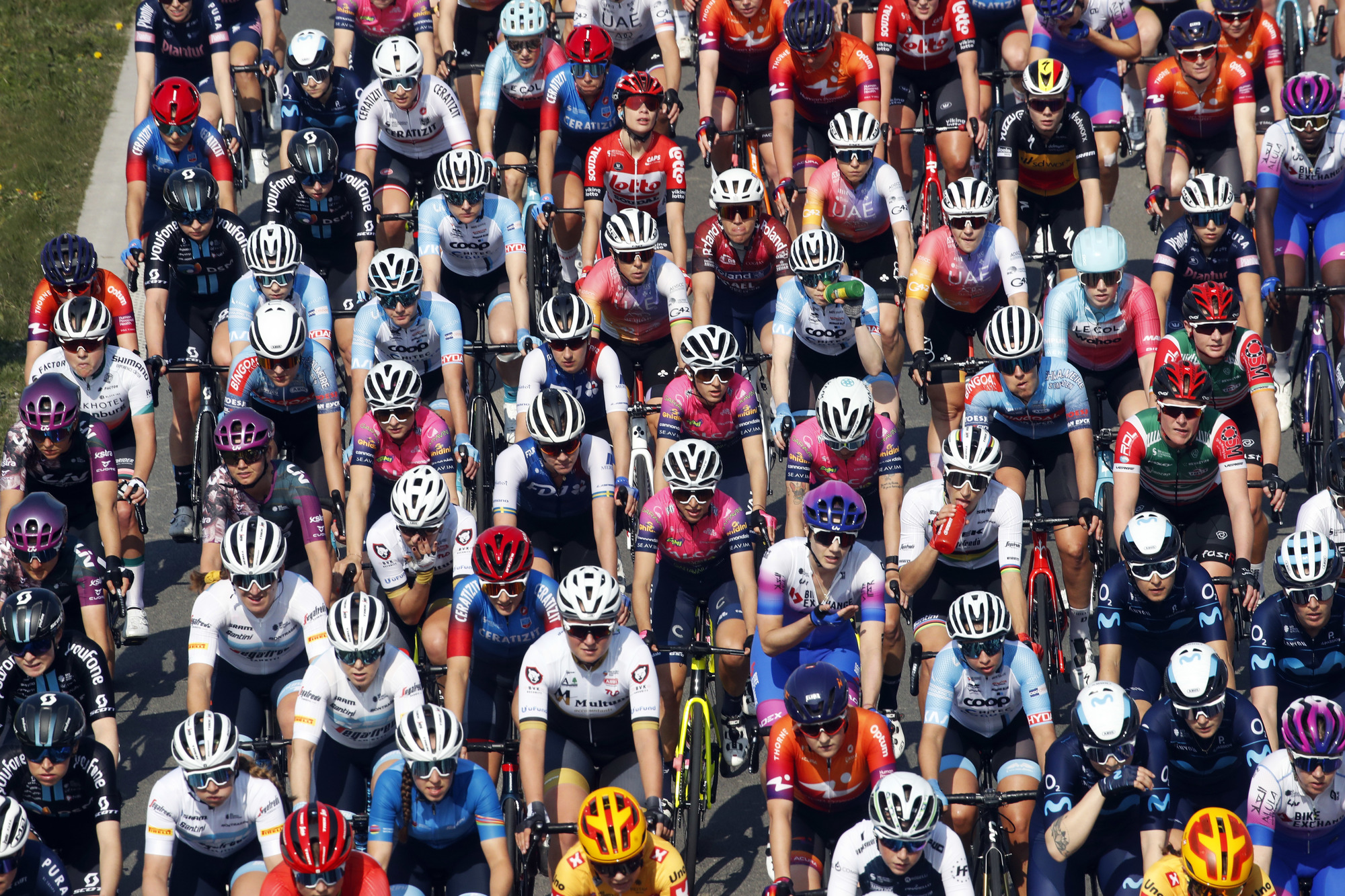UCI President Speaks to Cyclingnews on Upcoming Discussion on Transgender Participation
Key Highlights :

The International Cycling Union (UCI) is set to host a roundtable discussion among key stakeholders in cycling to discuss the current rules on transgender inclusion in the women’s category and whether it has an impact on fair competition. In an interview with Cyclingnews, UCI President David Lappartient outlined some of the details surrounding the roundtable meeting and the potential outcomes that could come from it.
The current rules stipulate that transgender women athletes must declare that their gender identity is female, demonstrate that their total testosterone level in serum has been below 2.5 nmol/L for a period of at least 24 months, and then remain at 2.5nmol/L throughout the period of desired eligibility to compete in the female category. Opponents of inclusion have argued that transgender women retain performance advantages from having gone through puberty as male, although the science behind the assertion is still investigational.
Lappartient confirmed that an upcoming round-table meeting would include 10 to 15 stakeholders. Among those invited will be four transgender women and four cis-women who are currently competing athletes (road and track cycling). Also part of the discussion will be Athletes Commission President Katerina Nash, Medical Director Professor Xavier Bigard, along with human rights and scientific experts. He did not name the athletes nor the experts invited to participate in the discussion.
The UCI’s most recent guidelines came into effect in 2022, which stipulate that transgender women athletes must declare that their gender identity is female, demonstrate that their total testosterone level in serum has been below 2.5 nmol/L for a period of at least 24 months, and then remain at 2.5nmol/L throughout the period of desired eligibility to compete in the female category.
The UCI has recently updated its published document by Dr. Bigard that outlines what it considers the current knowledge on the effects of gender-affirming treatment on markers of performance in transgender female cyclists, which will be part of the material viewed at the roundtable meeting.
Lappartient confirmed that there had been no revisions made to the current transgender guidelines at this time. However, he outlined several potential outcomes that could happen once a full report of the roundtable meeting and relevant documentation, along with Dr. Bigard’s updated report, is considered by the UCI Management Committee.
“Our rules are seen as maybe too open, and that is probably the problem. When we make the decision, it has to be based on the scientists' knowledge. As of the date today, we don’t have proof that there is an advantage, but we don’t have proof that there is no advantage. I think we might need to make some decisions in the future, but at least we have to make a decision with the current situation to put more restrictions,” Lappartient said.
The UCI President went on to outline the potential outcomes that could come from the roundtable discussion, including more restrictions on transgender athletes, not allowing them to take part in women’s competition at the international level, modifying the duration of transition, or modifying the level of testosterone. He also said that the decision would be based on documents, facts, and figures and not on feelings.
The roundtable discussion is set to take place in the coming weeks and could affect the decision made on transgender participation rules at the next UCI Management Committee Meeting, which will be taken either ahead of or at the Glasgow World Championships. The outcome of the roundtable meeting could have a significant impact on the future of transgender athletes in cycling and the sport as a whole. It is essential that all stakeholders involved have a say in the matter and that the decision is based on the current scientific knowledge and not on feelings.
